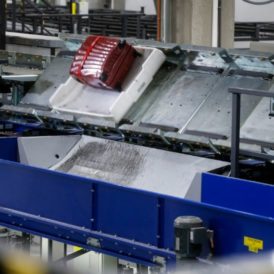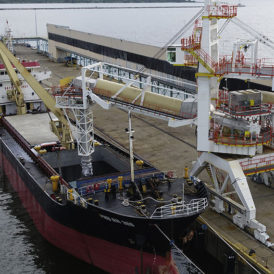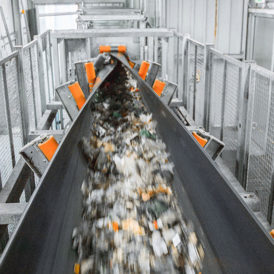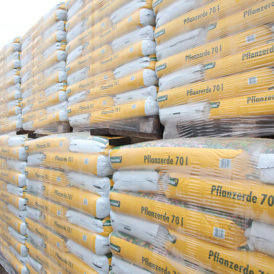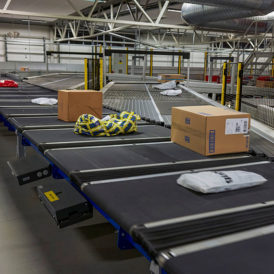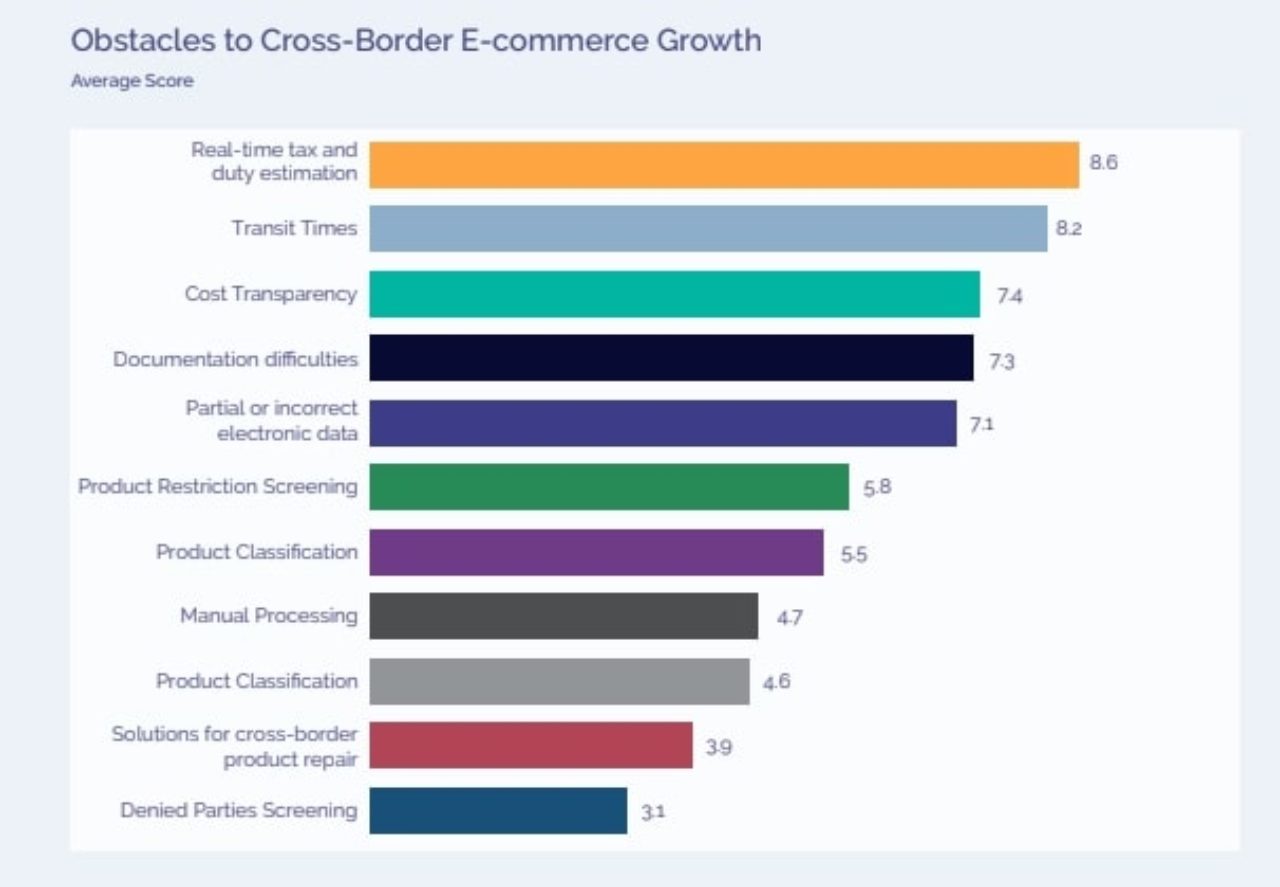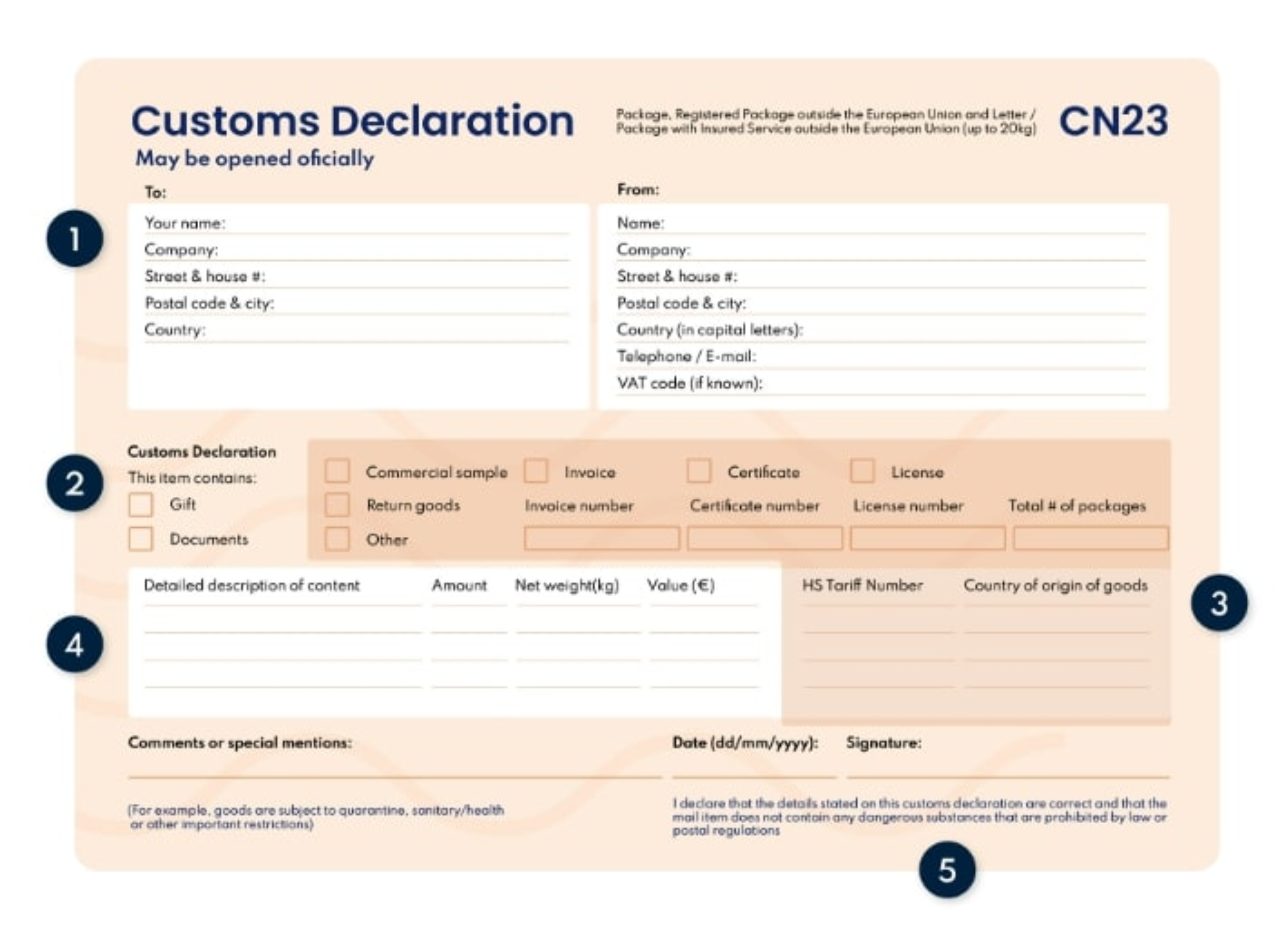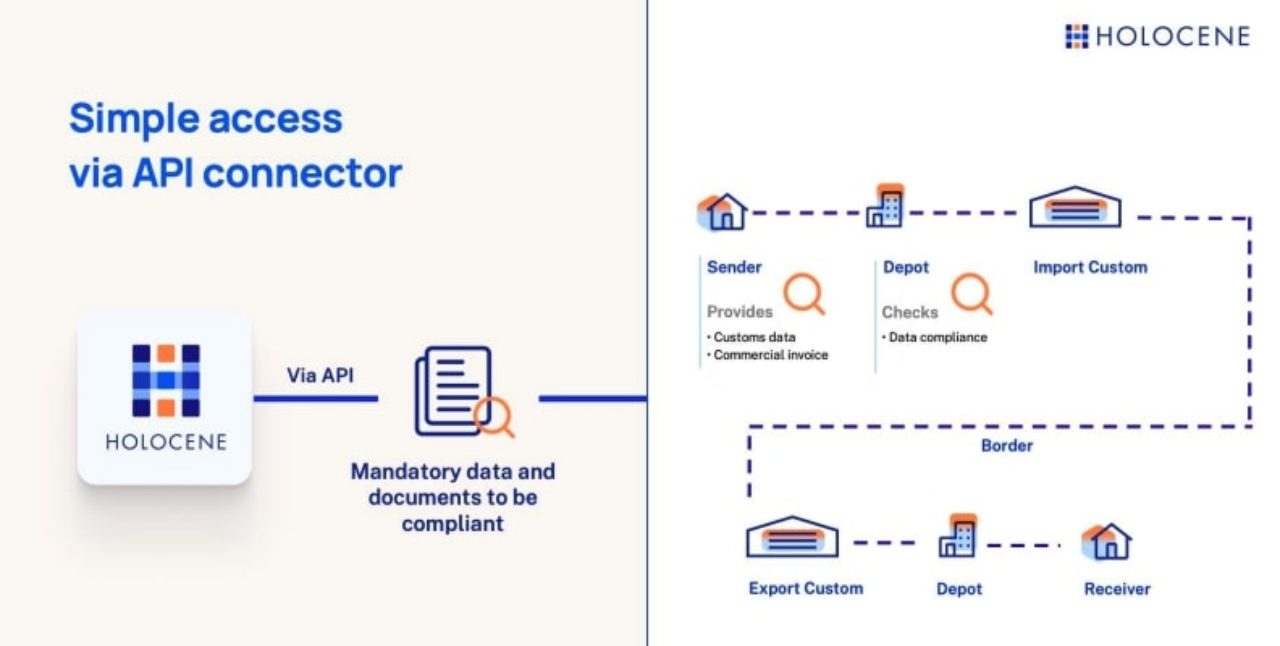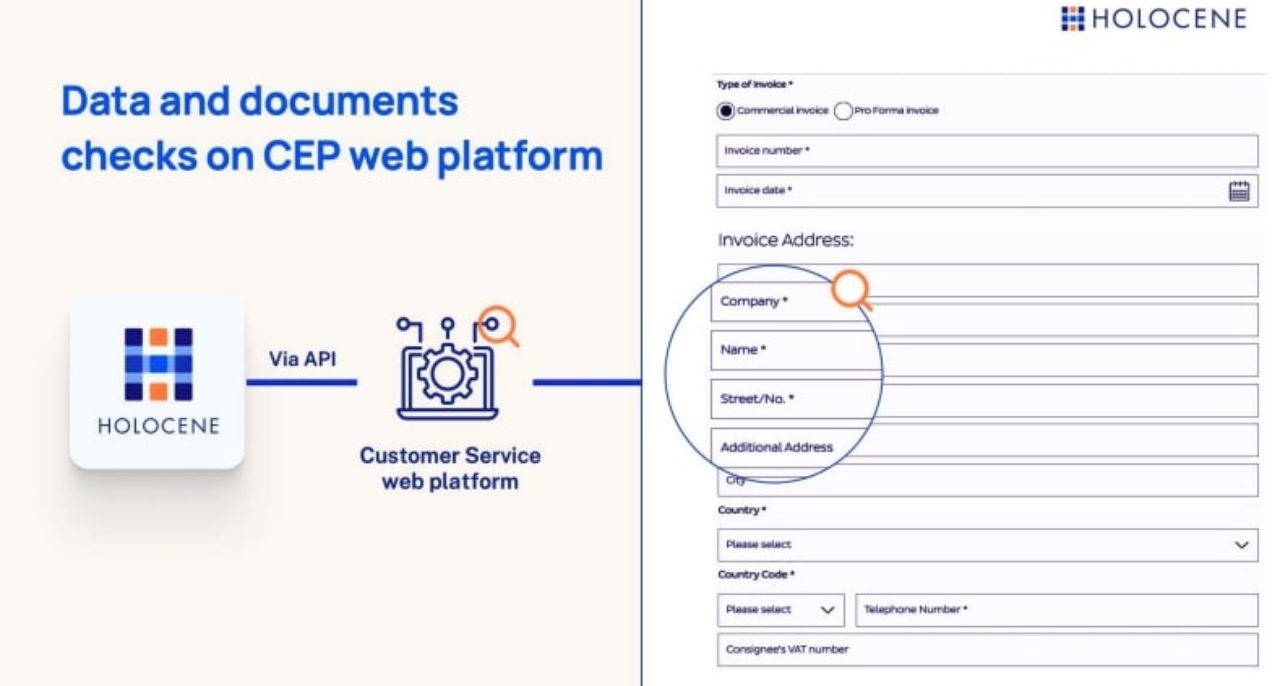Moreover, in July 2021 the European Commission abolished the VAT exemption for low-value items and now requires declarations for all consignments, regardless of value. As a result, there has been an increase in some EU Member States in the number of requests from customs authorities for additional documentation when undervaluation of the consignment is suspected.
Every chance that mistakes will be made
In the absence of standardised rules and regulations and the substantial paperwork required to accompany cross-border goods, customs clearance issues easily happen – with costly consequences.
Mis-declarations and undervaluations lead to additional taxes and goods will not be released, resulting in mandatory modifications, or even destruction, along with possible non-compliance sanctions. Errors in the country of origin or destination are amongst the most frequent – along with undervaluations, description errors and incorrect HS codes. A parcel stating it is destined to Kuwait, for example, instead of the ‘State of Kuwait’ could be blocked.
Non-trade compliant parcels mean significant disruption to the flow of goods for the CEP company which can negatively impact throughput, speed and utilisation of its system’s full capacity, jeopardising the ROI of its capital expenditures.
Then there is the extra manpower needed to manually deal with the non-compliant parcel, which is critical in an era of labour shortages in the sector. Not least, there is the reputation of the CEP company in the eyes of the customer.
Removing the obstacles
A digital solution that is able to remove the obstacles that impede frictionless and efficient deliveries across trading blocs has become essential.
Introducing trade compliance software
Fortunately, a digital trade compliance API integration to access analysis capabilities is now available to solve these cross-border issues. It has been developed by Berlin-based Holocene and is currently being piloted in a European CEP company.
The technology relies on machine learning to check parcel data and ensure it is trade and customs-compliant. Holocene’s solution reads the data to analyse which regulations apply to the parcel and checks the data compliance accordingly. The analysis via the API can be directly integrated into front-end CEP products or used at a later stage if CEP operators want to use OCR technology to extract the shipment data from the parcel.
Holocene has developed trade compliance analysis capabilities based on machine learning to check parcel data and ensure it is trade and customs-compliant. The solution reads the data to analyse which regulations apply to the parcel and checks the data compliance accordingly. Through OCR technology, the CEP operators are able to extract the data and send all shipment data through a Holocene analysis via API for controls.
